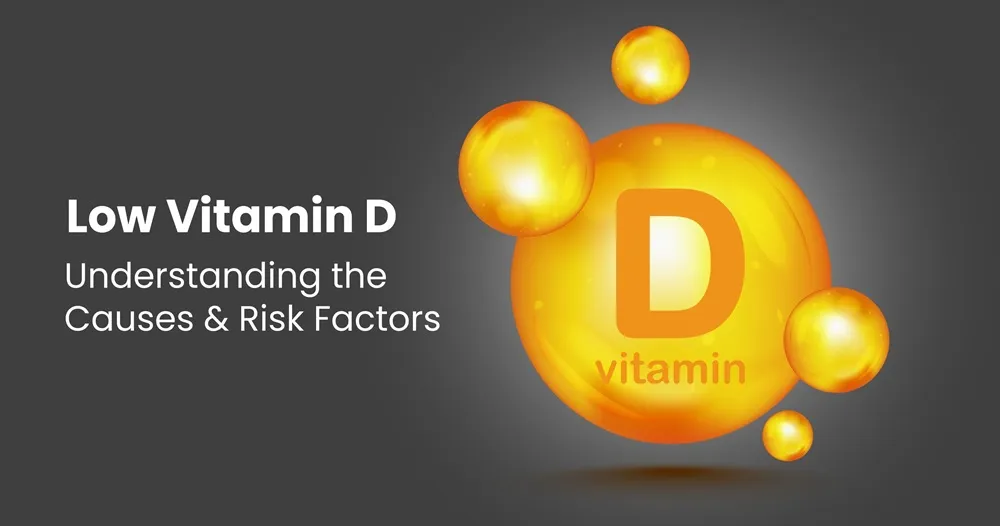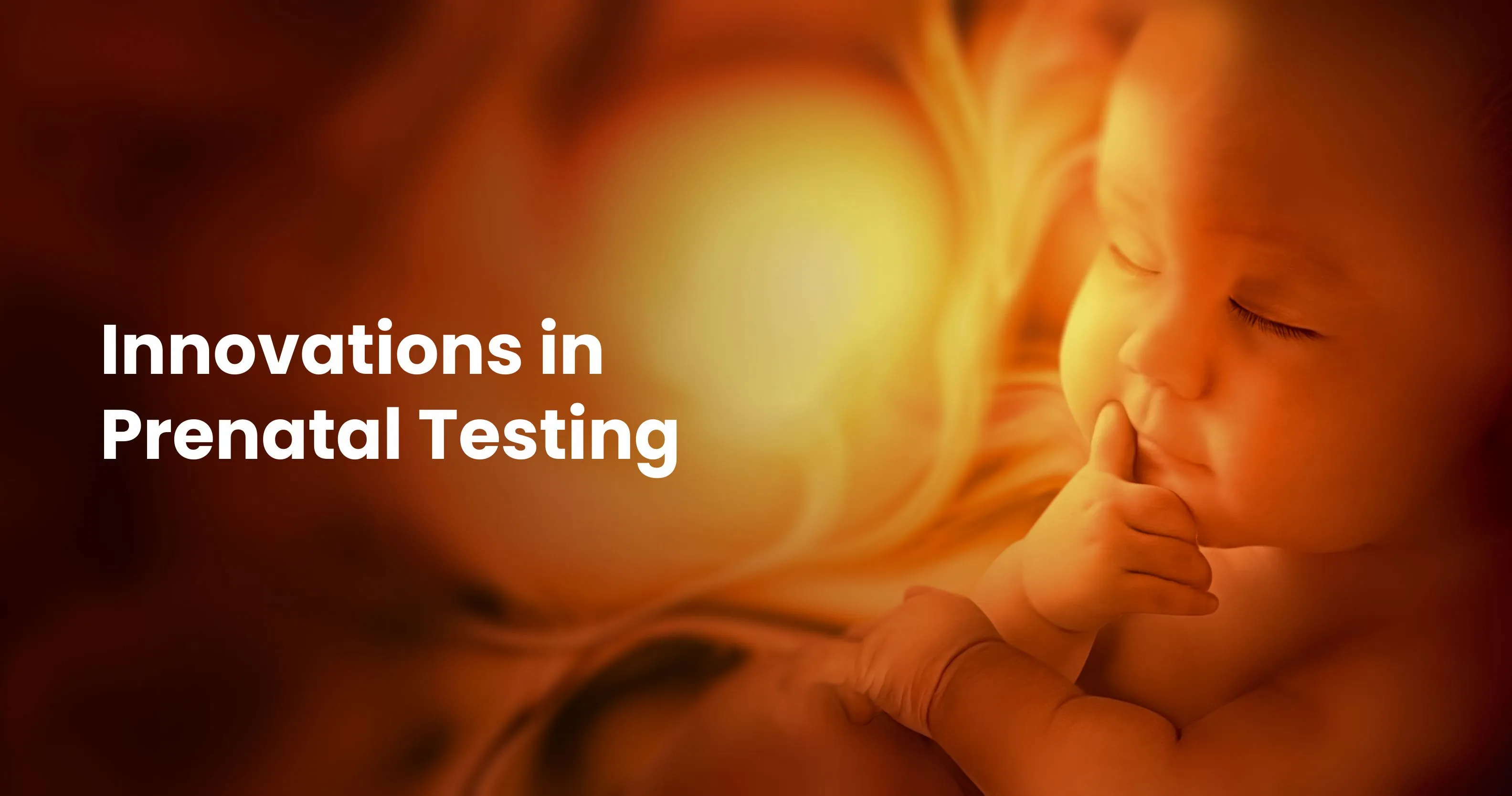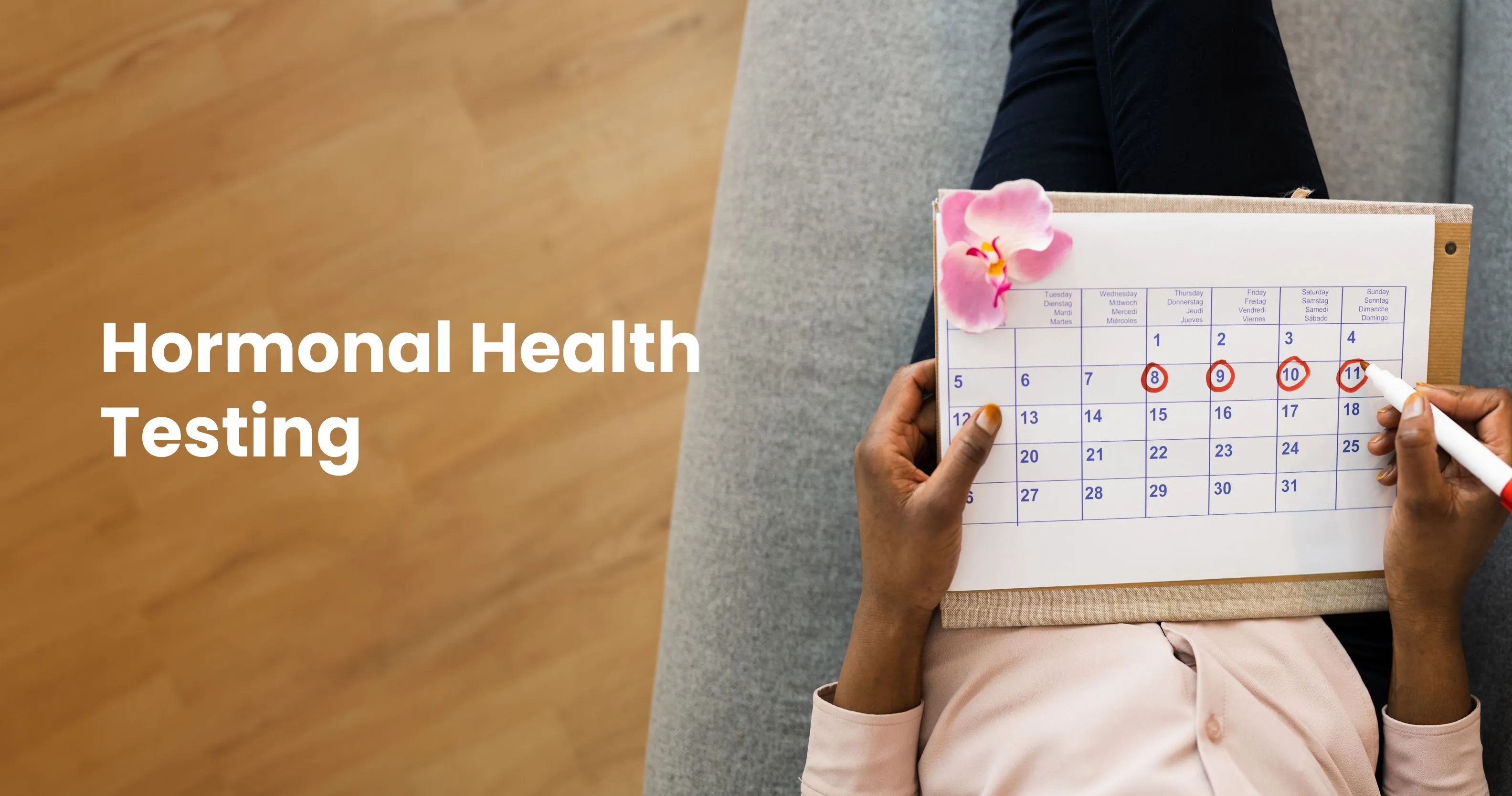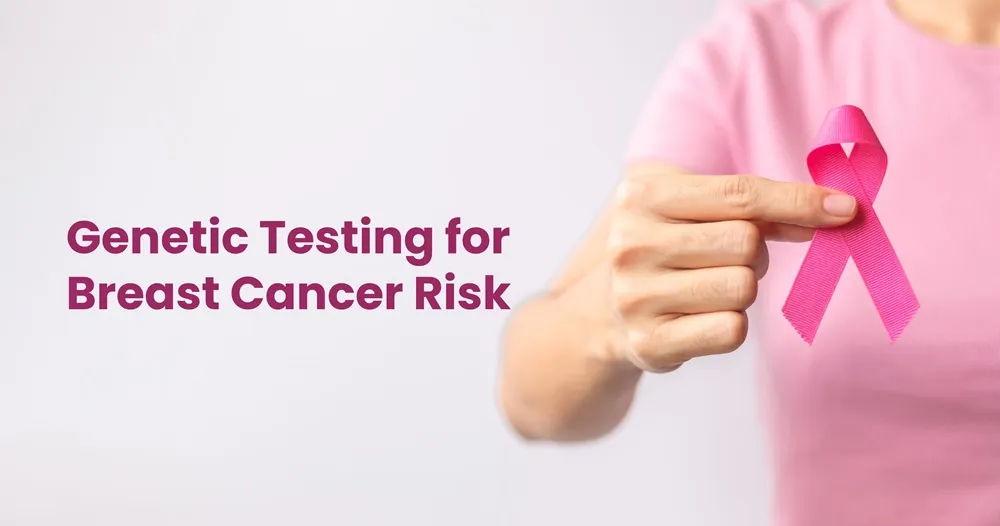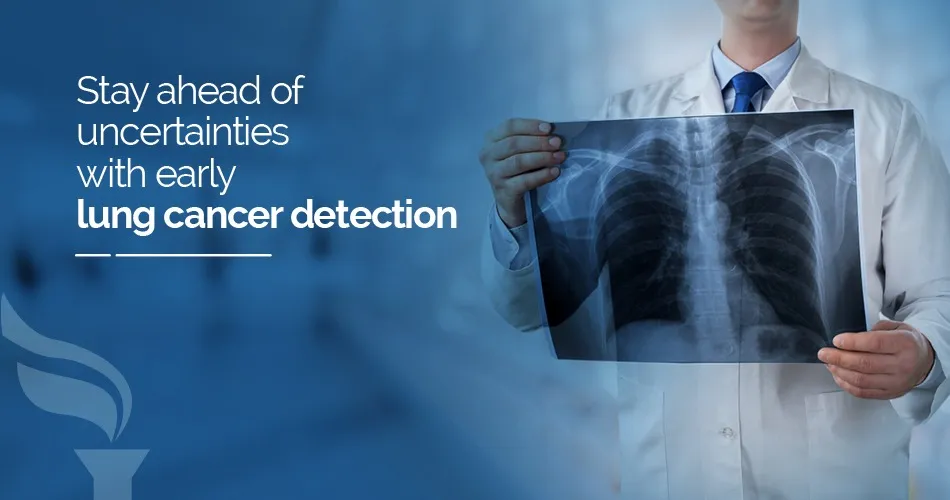Anemia: An Overview
Jun 03, 2020
Anemia is strictly defined as a decrease in red blood cell (RBC) mass. The function of the RBC is to deliver oxygen from the lungs to the tissues and carbon dioxide from the tissues to the lungs. This is accomplished by using hemoglobin (Hb), a tetramer protein composed of heme and globin. Anemia impairs the body’s ability for gas exchange by decreasing the number of RBCs transporting oxygen and carbon dioxide. When a person is anemic, their heart has to work harder to pump the quantity of blood needed to get adequate oxygen around their body. During heavy exercise, the cells may not be able to carry enough oxygen to meet the body’s needs and the person can become exhausted. Anemia isn’t a disease in itself, but a result of a malfunction somewhere in the body. This blood condition is common, particularly in females. In India, more than 10 million cases of anemia are detected every year.
Anemia, like a fever, is a sign that requires investigation to determine the underlying etiology.
Basically, only three causes of anemia exist: blood loss, increased destruction of RBCs (hemolysis), and decreased production of RBCs
Iron deficiency is thought to be the most common cause of anemia, although other conditions, such as folate, vitamin B12 and vitamin A deficiency, chronic inflammation, parasitic infections, and inherited disorders can all cause anemia. Women, young children, and persons with chronic diseases are at a higher risk of anemia. Certain forms of anemia are hereditary and infants may be affected from the time of birth. Women in their childbearing years are mostly vulnerable to iron-deficiency anemia because of the blood loss from menstruation and the

increased blood supply demands during pregnancy. Older adults also may have a greater risk of developing anemia because of poor diet and other medical conditions.
Anemia goes unnoticed in many people and symptoms can be negligible. The symptoms could be related to an underlying cause or the anemia itself. Symptoms of anemia will vary depending on the type and cause, but include fatigue and loss of energy; unusually rapid heartbeat, particularly with exercise; shortness of breath and headache, particularly with exercise; difficulty concentrating; dizziness; pale skin; leg cramps; insomnia.
The most serious complications of severe anemia arise from tissue hypoxia. Shock, hypotension, or coronary and pulmonary insufficiency can occur.
Depending on the cause, a number of diagnostic tests are conducted to determine anemia such as medical history - including any chronic illnesses and regular medications; physical examination; blood tests - including
complete blood count and blood iron levels,
vitamin B12, folate and
kidney function tests;
urine tests - for detecting
blood in the urine; gastroscopy or colonoscopy; bone marrow biopsy; fecal occult blood test - examining a stool sample for the presence of blood.
Treatment for anemia depends on the cause and severity, but may include vitamin and mineral supplements, iron injections, vitamin B12 injections, antibiotics, altering the dose or regimen of regular medications, blood transfusions if required, oxygen therapy if required, surgery to prevent abnormal bleeding, surgery to remove the spleen.
Ensuring that you get sufficient right vitamins and minerals from the foods you eat, can help to prevent some types of anemia such as vitamin B12, iron and folate deficiency anemia. Some food sources that provide ample of these vitamins and minerals are red meats like beef and lamb; poultry, pork and shellfish; green vegetables such as spinach, radish leaves, turnip leaves, mint leaves, peas, broccoli and Brussel sprouts; dried fruits like apricots; eggs; dairy products. Include these foods as much as you can in your diet. It is also important to get enough vitamin C. Vitamin C is important as it helps your body absorb iron from the food and drink you consume. Orange juice is a good source of vitamin C and is easily available. Some types of anemia can’t be prevented. One example is sickle cell anemia. If you have sickle cell anemia, you may be offered genetic counselling to talk about the risk of your children also having the condition.
If you or a loved one seem to be experiencing symptoms of anemia approach a well-known
diagnostic service center like
Apollo Diagnostics who will determine whether you do have anemia by conducting a few simple laboratory tests and prescribing applicable treatment.
 increased blood supply demands during pregnancy. Older adults also may have a greater risk of developing anemia because of poor diet and other medical conditions.
increased blood supply demands during pregnancy. Older adults also may have a greater risk of developing anemia because of poor diet and other medical conditions.